
Farah Yousry
Health equity reporter

Health equity reporter
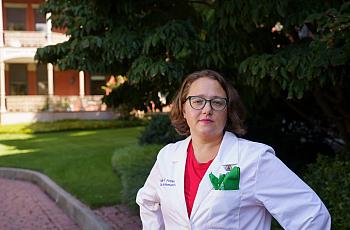
New gene therapies for sickle cell disease bring hope, but access hurdles remain.
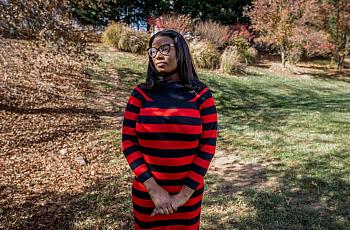
There's little discussion of the impact on fertility, and the broader lack of reproductive and sexual health care for young people living with this complex disease.
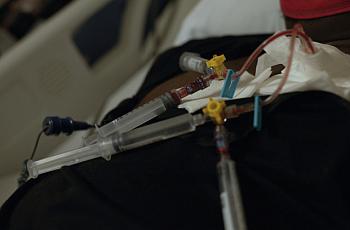
The exact number of sickle cell patients in the U.S. is unknown, because data on the genetic disorder is lacking.
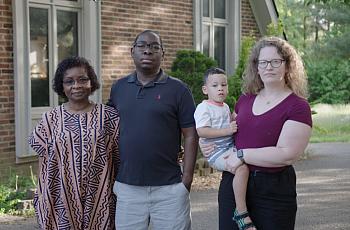
Health interventions have made it possible for people with sickle cell in the U.S. to live well into adulthood. But the transition out of pediatric care comes with many challenges.

Many in the resource-strapped sickle cell community find they are unable to access fertility treatments.

The vast majority of people with sickle cell disease are Black. Sickle cell researchers, physicians and patients believe these disparities exist – and persist – because of systemic racism.
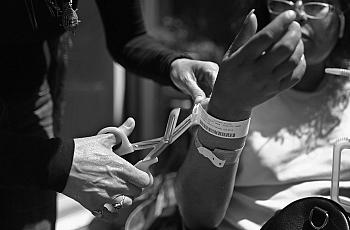
Nearly all sickle cell disease patients are Black or of African descent. What can their care tell us about disparities in our health care system?